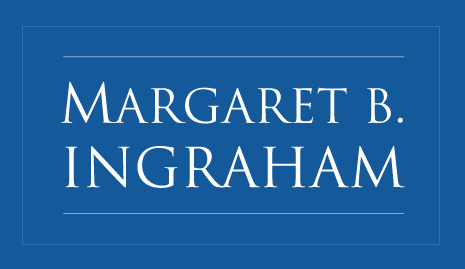I went merely to walk along the shore
with nothing in my hand, no paper and no pen
and surely no intent to capture anything
in metaphor, went only to engage myself
in solitude, speak my soliloquy of thought
before the breaking deep.
But then the whole tableau of place,
elements of that time and space —
breeze, water, bird and sun —
roared back a silent antiphon
that took me out beyond the lip of sea
and further still, to questioning myself,
my view, the limits of my vision and my craft,
led me as well to want to ask of you
in what way you conceive your art,
and to inquire, as a starting point,
how you would frame that scene.
Where would you place the focal point?
What margin would you draw
to manage the expanse and bring
horizon into line with sea and wind?
What color would you use for ocean spray
that it would stay distinct from nimbus
hanging thinly in the way of pelicans?
I try to limn with words, so imprecise,
I cannot know what images transport,
what hue a reader sees when I say “green”
or call parts of low sky “cerulean blue.”
How can I be sure the tidal swells
that I describe are even slightly
circumscribed equivalent in sway or size
or shape on the canvas of another’s mind?
I simply cannot grasp
how deftly you arrest and then transform
the common spaces of the world
with nothing more than sable brush in hand,
how you can stand at your lean easel
and with sure strokes impose clean limits
on the distances the shadows can advance
and hold the spindrift in its restless dance
above the cresting of the waiting waves.
Even so, I question whether you with paint
or I with words can either illustrate
or crudely redefine verisimilitude.
And if we can, is that consequence
more of what we choose to take
or of what we dare exclude —
and both of those not of ourselves
but from the plentitude of another’s
mastery of stroke,
the earth, the universe
and all the impious chaos
out of which an order was first yoked.
Then, the question that evokes for me,
and that I pose to you, is:
what is it that we mean to do
when we contend to recreate?
I’m vain to comprehend what right
we have to set down any line
except the one that inspiration gives
and even then if we do not arrogate
unto ourselves someone else’s privilege
to determine a point of view.
How do you answer doubt or pride like this,
except to say how you found liberty
inside the tight boundaries of sketch pad,
and how constantly you had the sense
that all perspective drawn in color
or in word, on canvas or in verse
comes to resolve itself at last
only within illumination’s cast;
and saying that you reaffirm my need
to see my lines all run obedient
as those tides in giving faithful image
to the substance quite outside my authorship.
And doing that, I think,
is the work that we are both about.
You paint, I write to move
into the mystery of light.
–first appeared in Carquinez Poetry Review
